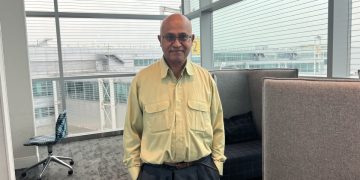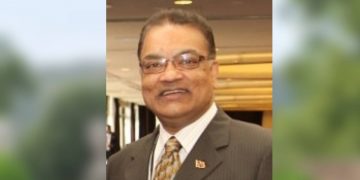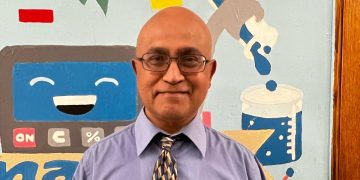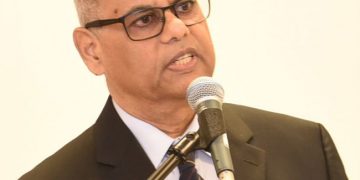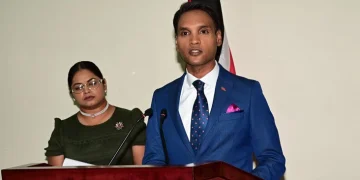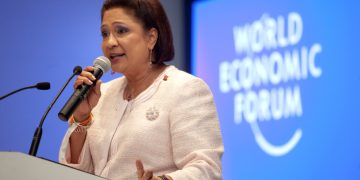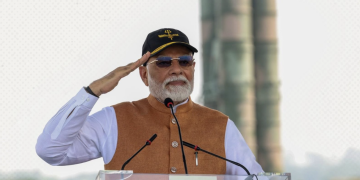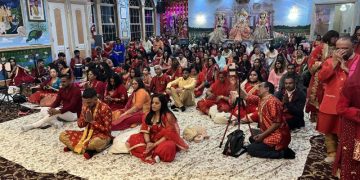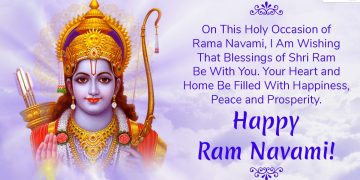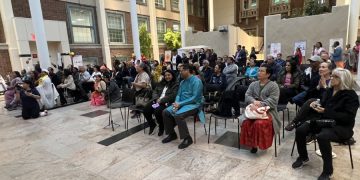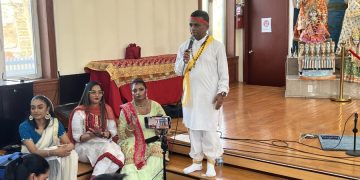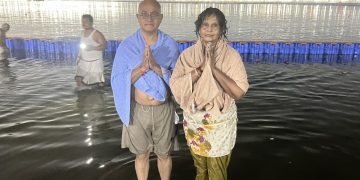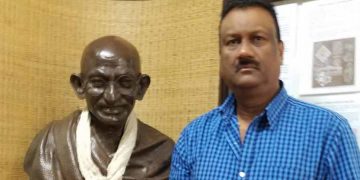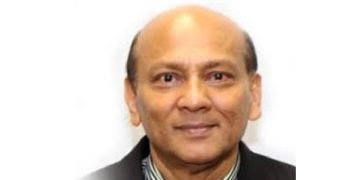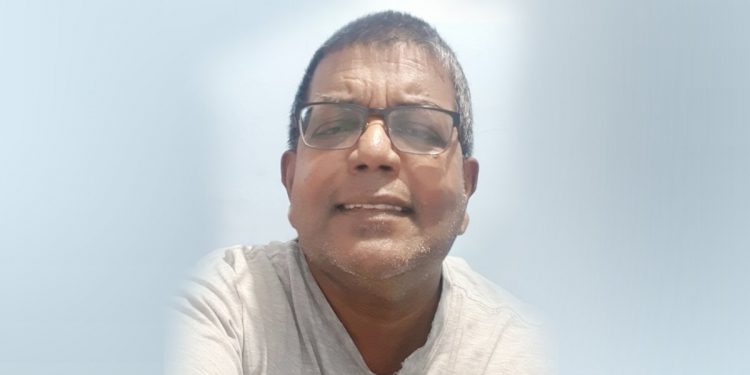A good doctor listens to the complaints of his patient and then offers a prognosis. A social activist, on the other hand, doesn’t listen to the people but assumes that he has the solutions to their problems.
Surveys must be conducted to know what issues are affecting society. For example, if an NGO wants to reach out to the youths it must collect data on their interests-likes and dislikes. For example, what are the major concerns of the youths of Princes Town? Are there a lack of employment; limited opportunities for skills training; a lack of social programs to address addictions or an absence of recreational facilities, etc.?
To get a clearer indicator of the needs of the youths, sample size must be identified and a survey instrument must be developed to collect data. It is only after the data has been collected and analyzed, so that recommendations can be made.
The collection of data is a part of the school -based assessment for Social Studies. Topics such as drug abuse, street children and homelessness, unemployment and literacy are among the topics. Nevertheless, social survey is only done to pass an examination and hardly becomes effective in everyday life in Trinidad and Tobago.
Successful business houses usually survey the society to identify an economic need and see how efficiently they can fulfill it. More so, they would look closely at the available goods and services and seek ways and means to enhance them. Unfortunately, in T&T people usually assume that ‘this product or service’ would be purchased once offered. For example, the growing number of doubles stands and vegetable vendors is an example of this lack of scientific surveys.
For example, let us assume that Hindus are leaving their ancestral faith for Christianity. Understanding that it is a problem is not enough. Surveys must be conducted to know who are the Hindus that are converting- age, sex, socioeconomic background, cultural background, etc. It would also be necessary to know the push factors the pull factors that are driving conversion.
For the past thirty-odd years I have been hearing a number of leaders of religious and cultural groups expressing alarm about conversion. Despite this nothing has been done to arrest this migration of Hindus from their ancestral fold.
Working without data is like shooting in the dark. Not surprisingly there is no dedicated team working to bring an end to this social cancer because they have failed to make the first step-to have data or ammunition.
I was shocked to hear a supposedly intelligent person saying to me that ‘we have the money in the country.’ I told him that he should read Trevor Sudama -The Political Uses of Myths. This person continued ‘but we own the lands in Trinidad.’
The boast that Indian excel in education is another myth. What are the statistics on the number of children entering secondary school and the number writing the CSEC examinations? The reality is that less than 30% get a full certificate- five subjects inclusive of Mathematics and English Language. While we celebrate those who win scholarships at CAPE, we need to pay attention to those who are falling through the cracks.
While Indians boast of the large % of Indo graduates at The UWI School of Medicine they fail to look at the number of Trinis graduating in medicine in other universities. Indians were not among the early doctors, dentists, lawyers, magistrates, judges, etc in this country so when someone achieves such a milestone it is a genuine cause for celebration.
As Indians and Hindus, we can always indulge in myths to pacify our aching hearts. We are like the poor that expose their wealth by idle boasts. We successfully disguise ourselves behind SUVs with dark tinted glass and lock ourselves in a gated community to perpetuate the myths of our success but are always cautious to remain mysterious, not revealing much of ourselves.
(In the 1970s during the peak of the Burnham dictatorship, a Trini married a Guyanese and while returning on the plane to Trinidad, pointed through the window announcing to her ‘all of this is my father’s land.’ When she settled in Trinidad, many days she had no meals until she decided to take her son and return to Guyana.)
By Dool H. Singh












